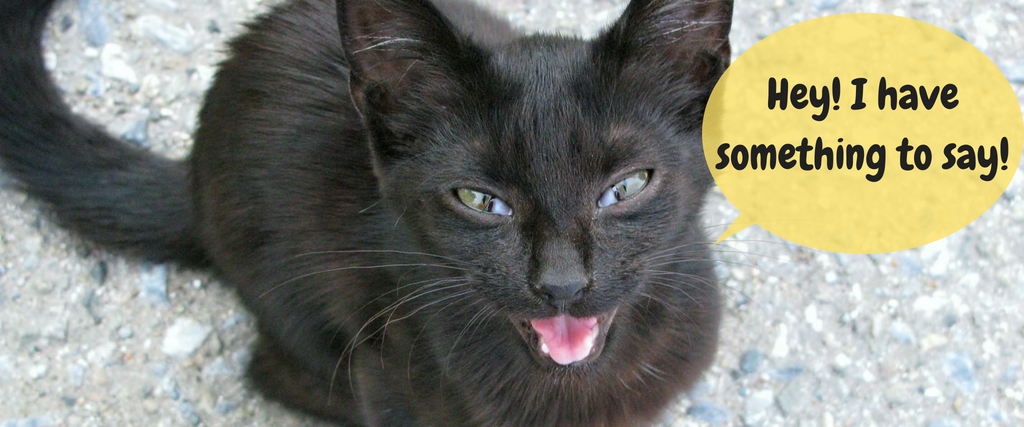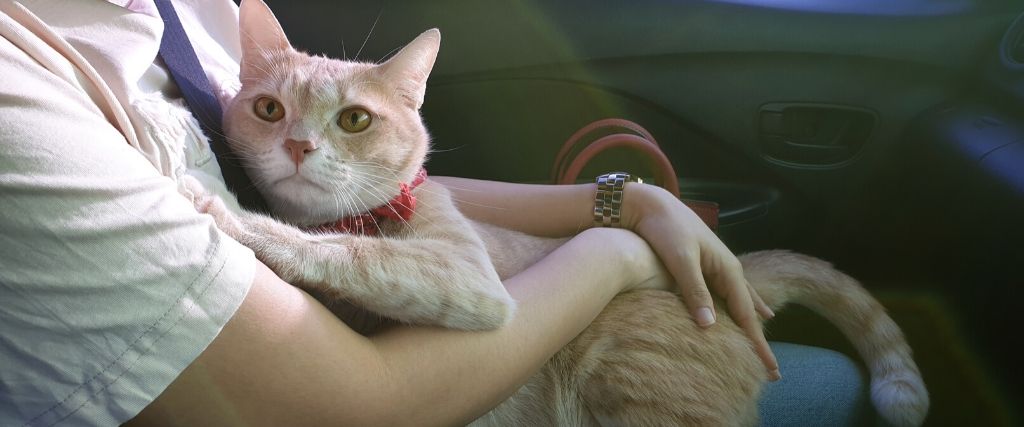
Blogs
How to Avoid Losing Your Pet to Secondary Drowning
As veterinarians, we've shared a lot of information about how to keep your pets safe around water. What you might not realize, however, is that, after saving your pet from a near-drowning, they might not be out of the woods.






